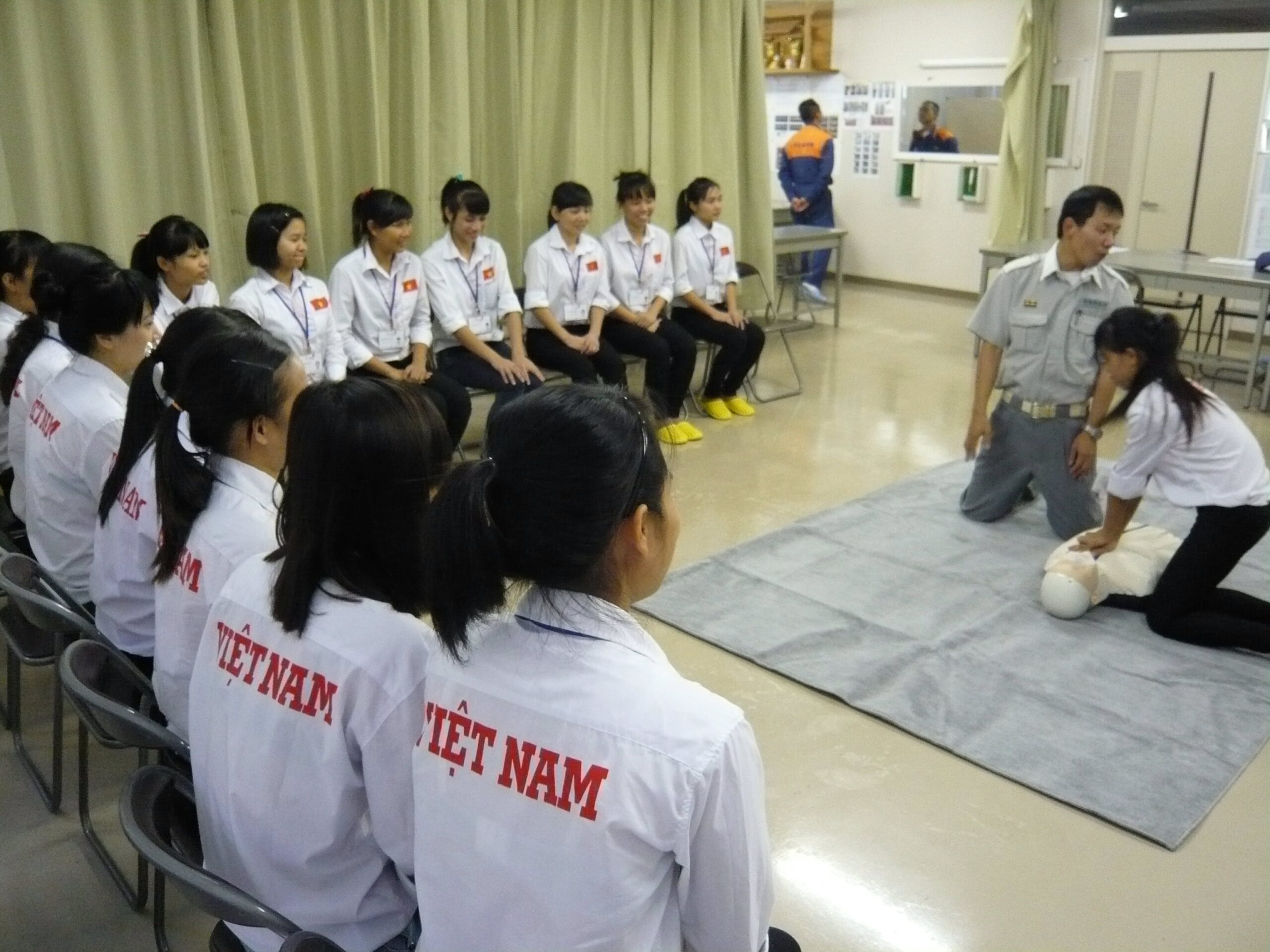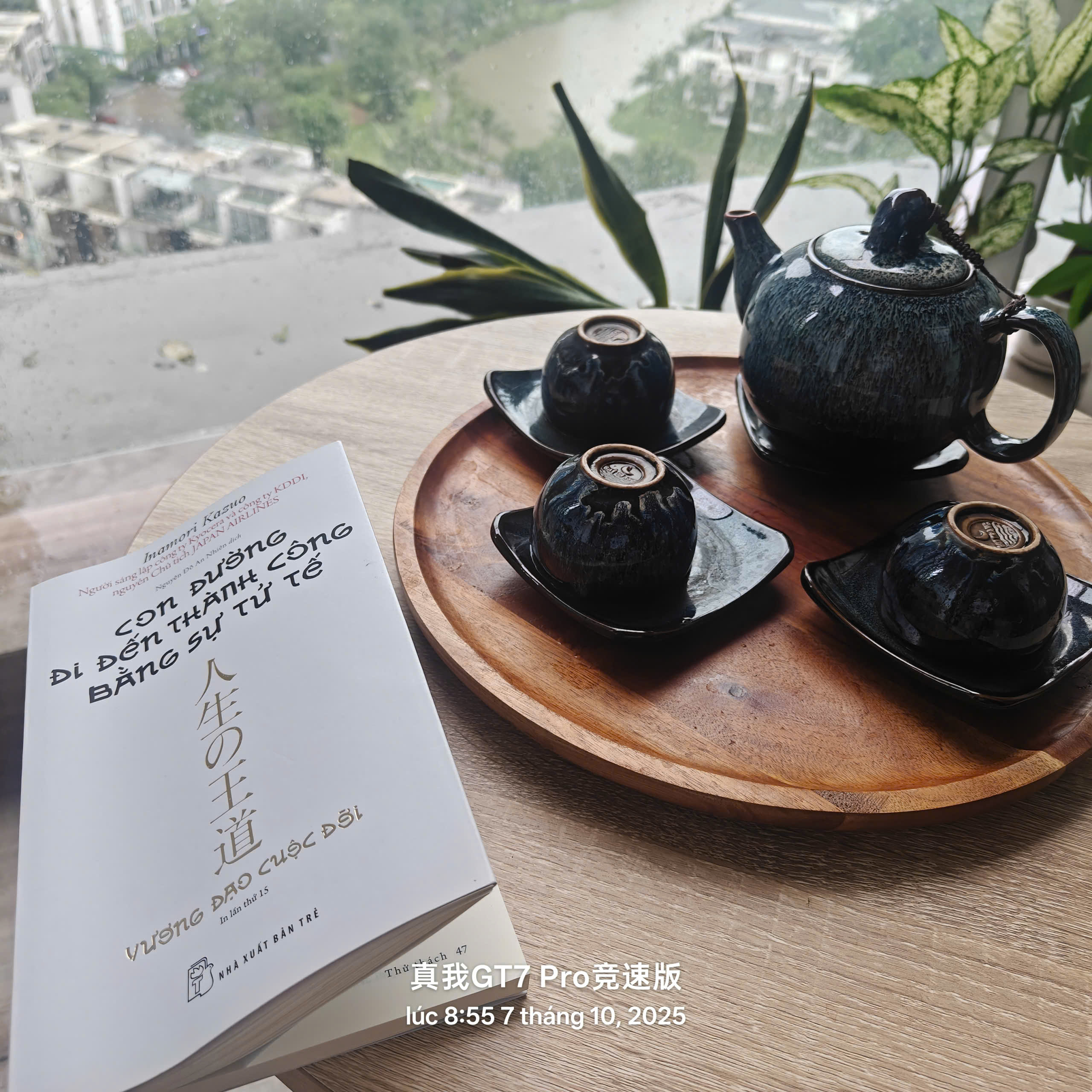The job market in Japan after Covid-19. The job market after Covid-19 will change a lot. I also shared in an article in early May about these changes.

Table of Contents
1. In the short to medium term is the “buyer market”.
In the past decade, due to many efforts in economic promotion policies, the number of jobs in Japan has steadily increased from 9,148,729 jobs in 2011 to 14,786,921 jobs in 2018.
Employment increases while the population is aging and the number of employees declines. The labor market in Japan in recent years has been a seller’s market (ie “workers”).
In recent years, employees have more job opportunities and more choices.
Covid-19 is likely to change the structure of the labor market. The number of jobs decreases and labor surplus increases, the market is tending to shift to the buyer market (ie “enterprise”). This means workers will have to compete more for jobs.
In addition, because the market tends to shift back to the buyers market, businesses may not have to spend as much money as before to recruit.
Over the past few years, Japanese businesses have regularly held job fairings, participating in recruitment events both in Japan and abroad.
It can be seen that in the past few years, there have been frequent such interviews in Vietnam.
However, when domestic labor is available (including both Japanese and foreigners), the number of firms willing to pay such costs for recruiting is likely to be less.
2. Enterprises can reduce the cost of training human resources => less jobs for inexperienced people
In addition to limiting recruitment costs, businesses can also consider reducing training costs, which are expenses that Japanese businesses quite generously paid before each time the recruitment season. use and enter the company.
This is especially evident in the group of foreign workers. Inherently, living skills and working experience in Japanese society / Japanese companies are always appreciated when interviewing foreigners. This trend will be even more evident after Covid-19 as businesses try to maintain their business with more caution.
In addition, with fewer new graduates available, these new hires will also be required to be more self-taught. Businesses may save more than the kenshu (initial training) costs for inexperienced people.
Along with that, in the working process, the pressure of self-improvement of professional skills of workers also increases. Recently, Japanese businesses are moving away from the “lifetime recruitment” regime that has become a tradition since the period of economic miraculous development after the war.
Therefore, the forced resignation when the employees do not meet the job requirements will probably not be a rare thing in enterprises in the coming time, especially when Covid-19 has not shown signs of being controlled. .
3. Changing recruitment method = more fierce competition
Covid-19 upsets the habits of everyone in the world. The recruitment method of businesses is also not out of that impact.
In the past, Japanese businesses still preferred the form of face-to-face interviews. Despite the availability of internet and online communication tools, Japanese businesses often have at least one face-to-face meeting with candidates before deciding to hire. Covid-19 changed this tradition in its early 2020 recruiting campaign. Even the last interviews (usually with company leaders) are held online.
However, because there are no longer large-scale jobs organized by Hellowork or human resources companies, students will have to be more proactive in finding information and planning a job for themselves. Moreover, not meeting directly with the recruiter, with the OBOG (employees working at the company) also makes it more difficult for candidates to get to know the company. It is also more difficult to express yourself in online interviews.
On the other hand, online interviews make the world flatter, and there may be more competitors per job. Maybe in the past, the recruitment was limited to a few regions, now the company can receive resumes and interview anyone in the world, as long as that person meets the conditions of employment. . Therefore, the competition of the post-Covid advances may be in a different, more difficult or favorable atmosphere than the previous generations.
I know that students who are applying for jobs or changing jobs during this time will face many difficulties. Prepare yourself with good job mentality and skills











